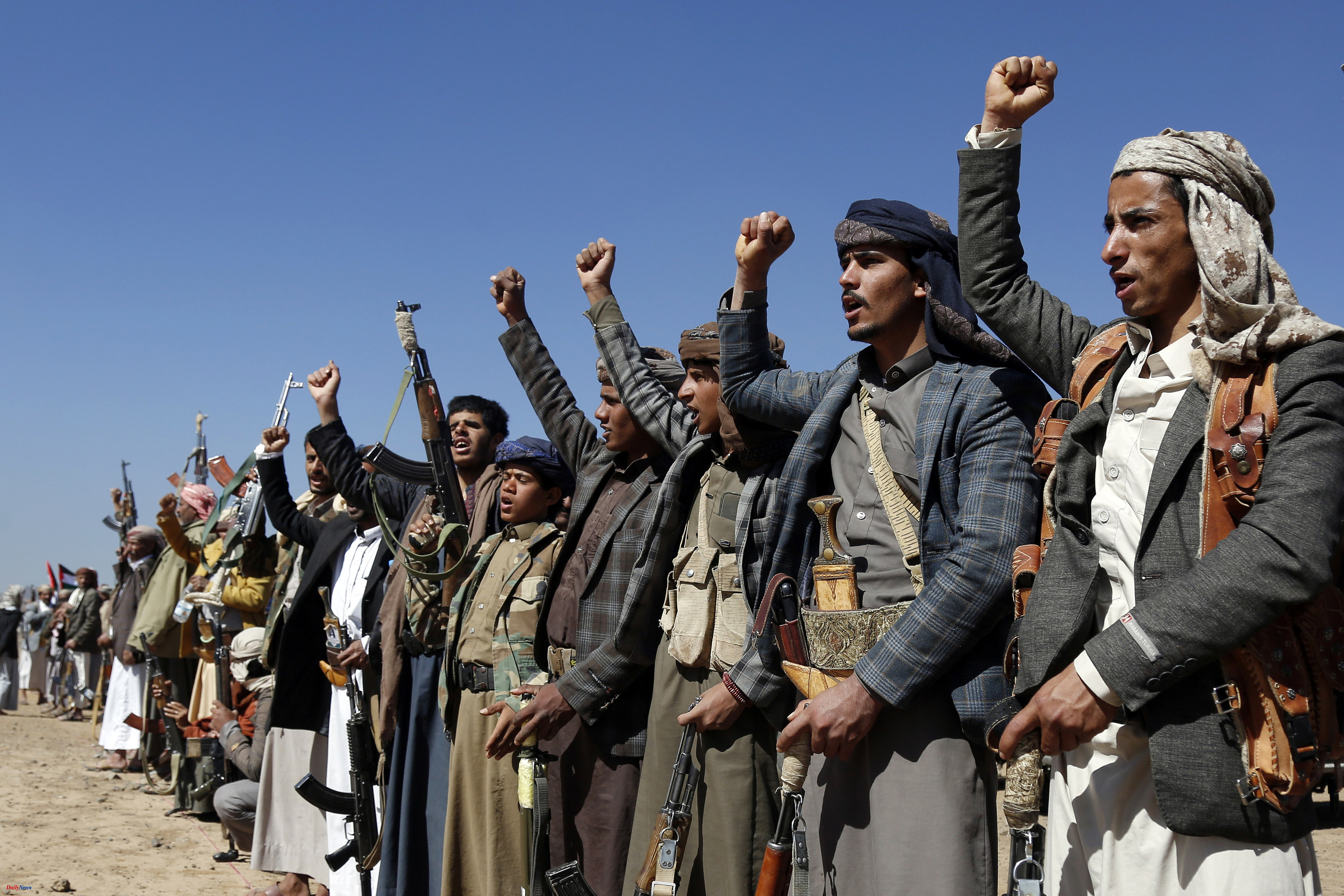Israeli Prime Minister Benjamin Netanyahu declared that "no one will stop us," in his first public intervention since the "genocide" trial against Israel began at the International Court of Justice in The Hague. The Israeli president reiterated his intention to continue the military offensive in the Gaza Strip, which completed one hundred days on Sunday, and affirmed that no court will be able to stop his objective of destroying the Palestinian organization Hamas. "Not the Hague, not the Axis of Evil, not anyone," he warned. Netanyahu alluded to the self-proclaimed "Axis of Resistance", Iran's alliance along with political parties and related militias in Lebanon, Iraq, Syria and Yemen, which have tense the region in the last three months, in response to the Israeli attack on Gaza. "It is possible and necessary to continue until victory and we will do so," he said, after stating that the majority of Hamas battalions in the Gaza Strip have been "eliminated."
The trial hearings in The Hague have not stopped the Israeli army in Gaza, which has continued bombing the territory's largest city and towns in the south, where Tel Aviv forced the population to move, ensuring that they were safe places. A new Israeli drone attack killed two civilians in Khan Younis. Another bombing injured six people in Rafah, near the only crossing that connects Gaza to the outside world through which occasional humanitarian aid has entered and some seriously injured have left. The Israeli attacks have left 23,700 dead and thousands missing under the rubble. Humanitarian organizations have reported that the conflict has displaced practically 90% of the 2.3 million people who resided in the enclave. Added to this is that nine out of ten people spend around twenty hours a day without eating a bite, due to the blockage of the entry of food and humanitarian aid into the area. The situation is increasingly tense in the West Bank, where Israeli military operations and settler attacks have caused 347 deaths in the last hundred days. Raids on cities in this region are daily, with more than 5,800 arrested in the last three months, mainly in operations in Ramallah, Jenin and Hebron.
The offensive launched by Netanyahu faces growing criticism for his reluctance to reach agreements for the release of hostages. One hundred days after the Hamas attack that caused 1,200 deaths on Israeli soil, protests against Netanyahu continue, demanding the immediate release of those kidnapped. Of the 250 people that Palestinian militants took hostage on October 7, 132 remain in Gaza and 25 have reportedly died.
The Israeli defense before The Hague was overshadowed by US and UK airstrikes in Yemen. Since Thursday night, there have been three bombings in the west of the country, in an attempt to stop the Houthis' attacks on commercial ships passing through the Red Sea, a measure they began in November in protest of the Israeli offensive in Gaza. . Houthi rebels said supporting the Palestinians is a "moral duty" and pledged a "firm, strong and effective response" to airstrikes on their country.
This Sunday, the Houthis accused the United States and the United Kingdom of launching new attacks against their military positions in Yemen, in the north of the port city of Al Hodeida, on the third day of consecutive air attacks against insurgent installations, witnesses reported to EFE.
According to the informants, fighter planes and reconnaissance drones flew over the town coinciding with the bombings, which occur in the midst of a military escalation in the Red Sea that pits the Houthis against the United States and the United Kingdom, whom they the rebels have declared an "open war." According to the Saba news agency, controlled by the insurgents, these new bombings were carried out by "American and British aggression."
Later, the US denied that it had carried out new attacks this Sunday.
British Foreign Secretary David Cameron warned that his Government does not rule out bombing the Houthis again if they continue attacking ships in the Red Sea. "We have managed to degrade the (military) capacity that the Houthis have created with the support of Iran," Cameron said. "Our position is clear: we will always defend freedom of navigation," he added, referring to the 15% of global maritime trade that transits the Red Sea. For its part, the United States also does not rule out attacking Yemen again.
This Sunday, President Joe Biden noted that Washington has sent a private message to Iran about the bombing of the Houthis. "We delivered it privately and we are sure that we are well prepared," he said, without giving further details. Iran condemned the "arbitrary" bombings by the United States and the United Kingdom and noted that they are a "clear violation of the sovereignty, territorial integrity of Yemen and a violation of international laws and regulations.
A few hours after the third bombing in Yemen, a pro-Iran militia in Iraq attacked two US bases deployed in Syria. "We will continue attacks against enemy strongholds," said the umbrella group of Iraqi militias Islamic Resistance, which used drones to attack US bases. Since the start of the war in Gaza there have been 130 attacks against US military assets in Syria and Iraq .












